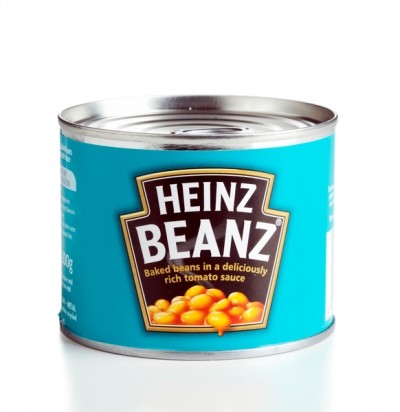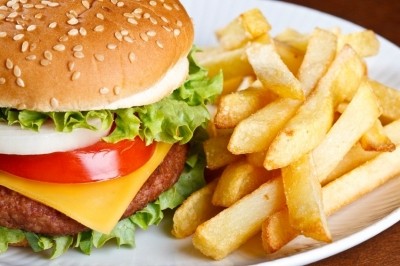Irish code of practice a ‘global first’ in curbing unhealthy food marketing

Due for launch this month, the code is developed in cooperation with Ireland’s Department of Health, the Health and Safety Executive (HSE) and food makers.
Its primary aim is to halt rising obesity levels that set the country on course to become the most obese in Europe by 2030.
According to the latest figures from World Health Organisation (WHO), the proportion of obese and overweight men in Ireland is projected to rise to 89%, while 85% of women falling into this category.
Speaking at the annual WHO European Action Networks on Salt and on Reducing Marketing Pressure to Children last month, minister of state for health promotion Marcella Corcoran Kennedy told the gathering the plans had been in the works for the past eighteen months.
“I have received the final draft of the Code and will consider its recommendations with a view to launching it next month. I understand that our code with guidelines on sponsorship will be a global first.”
‘We still have a way to go’
Public participation will form a central pillar to the code’s success with an open-access register of companies signing up made available as will a complaints procedure. While the guidelines are voluntary, a group will oversee its adoption assigned by the minister for health.
The guidelines are likely to cover online, outdoor, print and cinema marketing, as well as commercial sponsorship and retail product placement.
“We still have a way to go,” said Kennedy. “Our next focus will be to press for a 9pm watershed on HFSS advertising on TV and radio.”
Ireland has made recent gains in tackling the issue of marketing these types of food to children.
Along with the UK and Belgium, Ireland already bans celebrity endorsement of unhealthy food and drink high in fat, salt and sugar.
Further details of the guidelines also extend towards a restriction on marketing in places used by children including schools, creches and playgrounds.
Children’s media is not to be used as a vehicle for marketing high fat sugar and salt food, the guidelines recommend, stating that food companies’ use of media channels not specifically aimed at children, should be done so “with a sense of responsibility.”
Nutritional profiling, a method of assessing nutrient content of 100 g of a food or drink, will be used to determine whether it is HFSS. The model, developed by the UK Food Standards agency (FSA) awards points for ‘A’ nutrients (energy, saturated fat, total sugar and sodium), and for ‘C’ nutrients (fruit, vegetables and nut content, fibre and protein).
The score for ‘C’ nutrients is then subtracted from the score for ‘A’ nutrients to give the final nutrient profile score.
Foods scoring 4 or more points, or drinks scoring 1 or more points, are classified as ‘less healthy’ and are subject to Ofcom’s controls on the advertising of foods to children on TV.
‘Self-regulation unambitious’

“We welcome the Department of Health’s efforts,” said Emma Calvert, policy officer for the Bureau Européen des Unions de Consommateurs (BEUC), a group that represents the interests of European consumers.
“Governments should take the lead in setting restrictions for HFSS advertising, just like Ireland is planning to.”
“The government [is] reportedly planning guidelines to curb sponsorship of low nutrient food. We believe it is the way forward.
‘Self-regulation by food companies in Europe is slow-moving and disappointingly unambitious. In this light, mandatory measures rather than voluntary measures better protect children from unhealthy food advertising.”



















